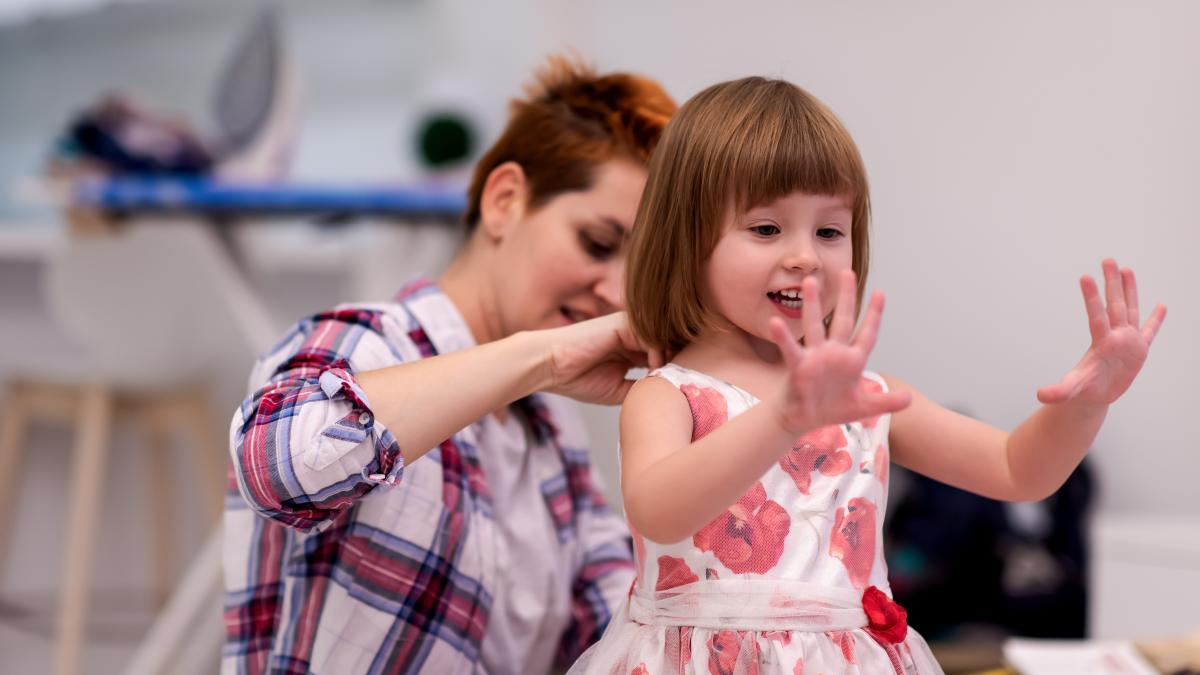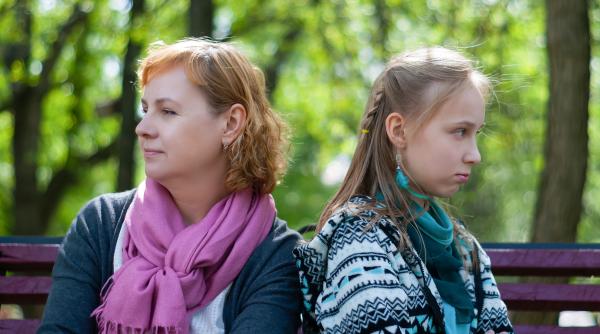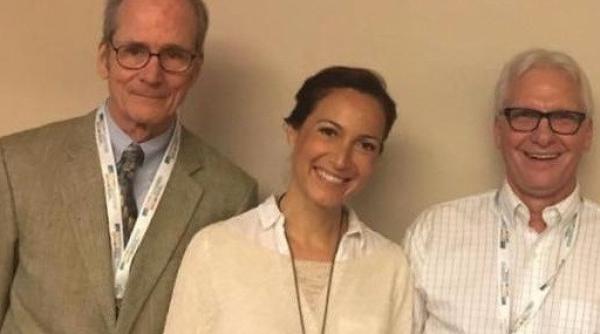From the belief that abundant praise will build healthy self-esteem for the child, parents generously offer compliments, elevating the little one on top of a fragile pedestal. These exaggerated praises not only do not contribute to healthy self-esteem but can even fertilize the ground for unwanted egocentrism.
Alexandra Stoica, a specialist parenting counselor, spoke on "Present Parents", a show hosted by the editor-in-chief of ParintisiPitici.ro, Loredana Iriciuc, about this egocentrism.
"I will talk about ages 0-3, which is a specific period of egocentrism in children because it's about them because their brain hasn't developed the capacity to believe that your opinion is important as well as the other's opinion.
But as an adult who grows a lot in this egocentrism area, I don't want to get into the narcissism area because it's not my expertise, but
I've seen bosses in this area at jobs.
What happens?
Only they matter!
Everything the other person says is canceled because it's only about them, and it's arrogance. They are not in the humility zone.
This exaggerated egocentrism cancels you as a person and not just as an idea or opinion", the expert clarified.
Egocentrism and healthy self-esteem are not natural allies
Egocentrism and healthy self-esteem are not natural allies, according to the parenting specialist. Authentic self-esteem manifests in daily behavior without the need for grand words or ostentatious gestures.
"No, they are not related! When you have a healthy, balanced self-esteem, you won't feel the need to prove it. The more you talk about how great you are, the less you probably believe it about yourself.
Self-esteem simply shows. From my point of view, humility is part of self-esteem. The moment you accept that others have different opinions from yours, you acknowledge that you still have things to learn, and you do that every day", Alexandra Stoica added.

PHOTO: freepik.com @freepik
What role does self-esteem play in people's success?
When it comes to human success, the role of self-esteem is extremely important. Our potential remains untapped if we don't have healthy and solid self-confidence. This is the conclusion reached by Alexandra Stoica. The expert emphasizes that by exploring and overcoming fears, guilt feelings, and rediscovering joy in a broader emotional landscape, we can, through concrete actions, approach this desired potential.
"It's much more difficult to reach your potential when you don't know what potential you have. Think about Maslow's hierarchy of needs, where at the top there's a personal mission. I can't even think about that if I haven't met my basic needs. If I don't have confidence in myself, if I don't know myself, I can't know my potential.
But, by exploring and going through fear, guilt, and joy, and a broader emotional landscape, I can easily, slowly through actions, not by sitting at home and waiting for things to happen, I can reach that potential I desire.
That potential can change. Because I reach it and I'm happy with what I've achieved, but I want more, so I reach another, bigger goal, which means I've reached another potential.
But to do that, I need to accept that at this moment, my confidence level is at 5. Okay, at 5. What can I do today to get to 5.1 or 5.00001 because that step, if I don't enjoy that small step, I can't grow further", Alexandra Stoica further emphasized.



































